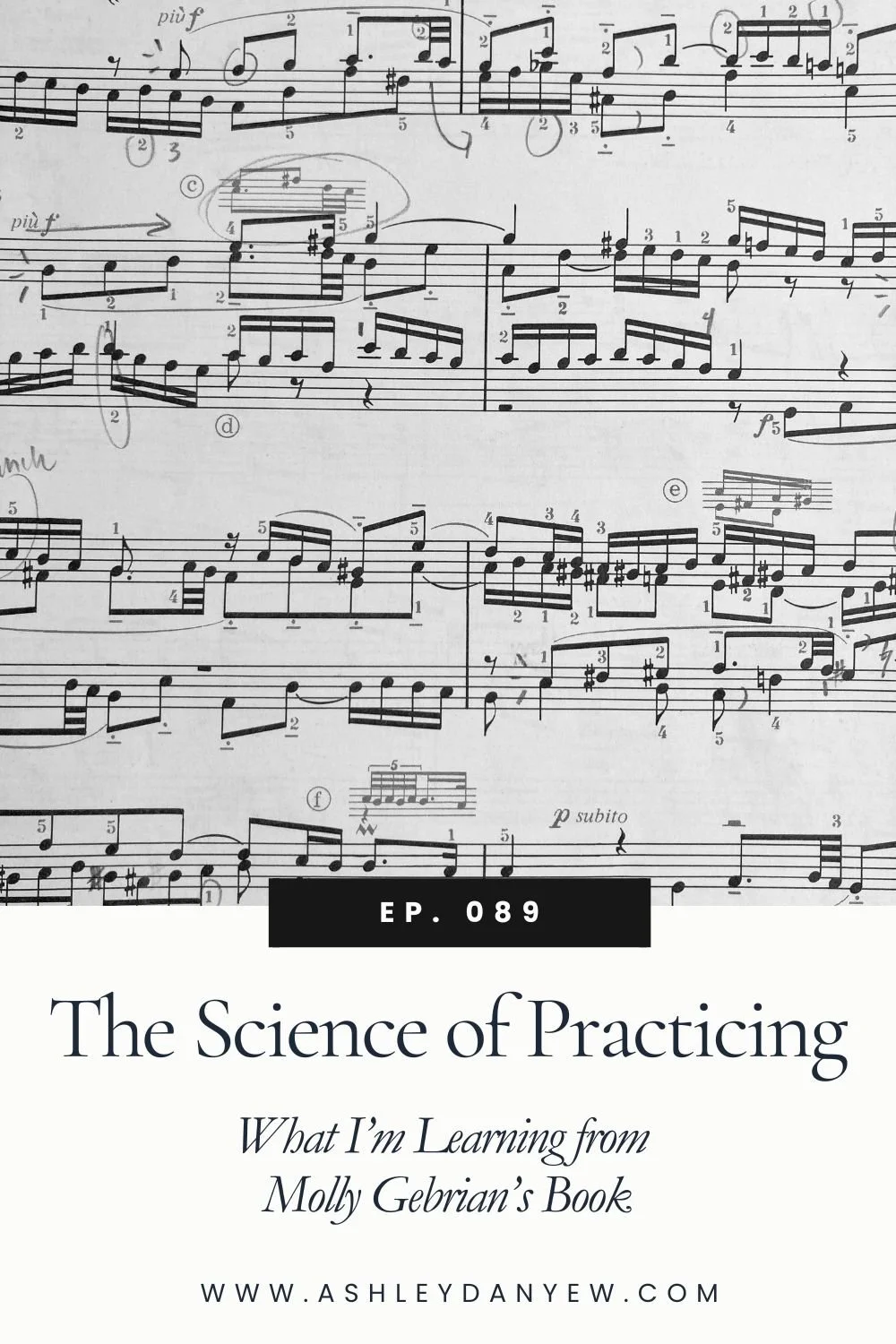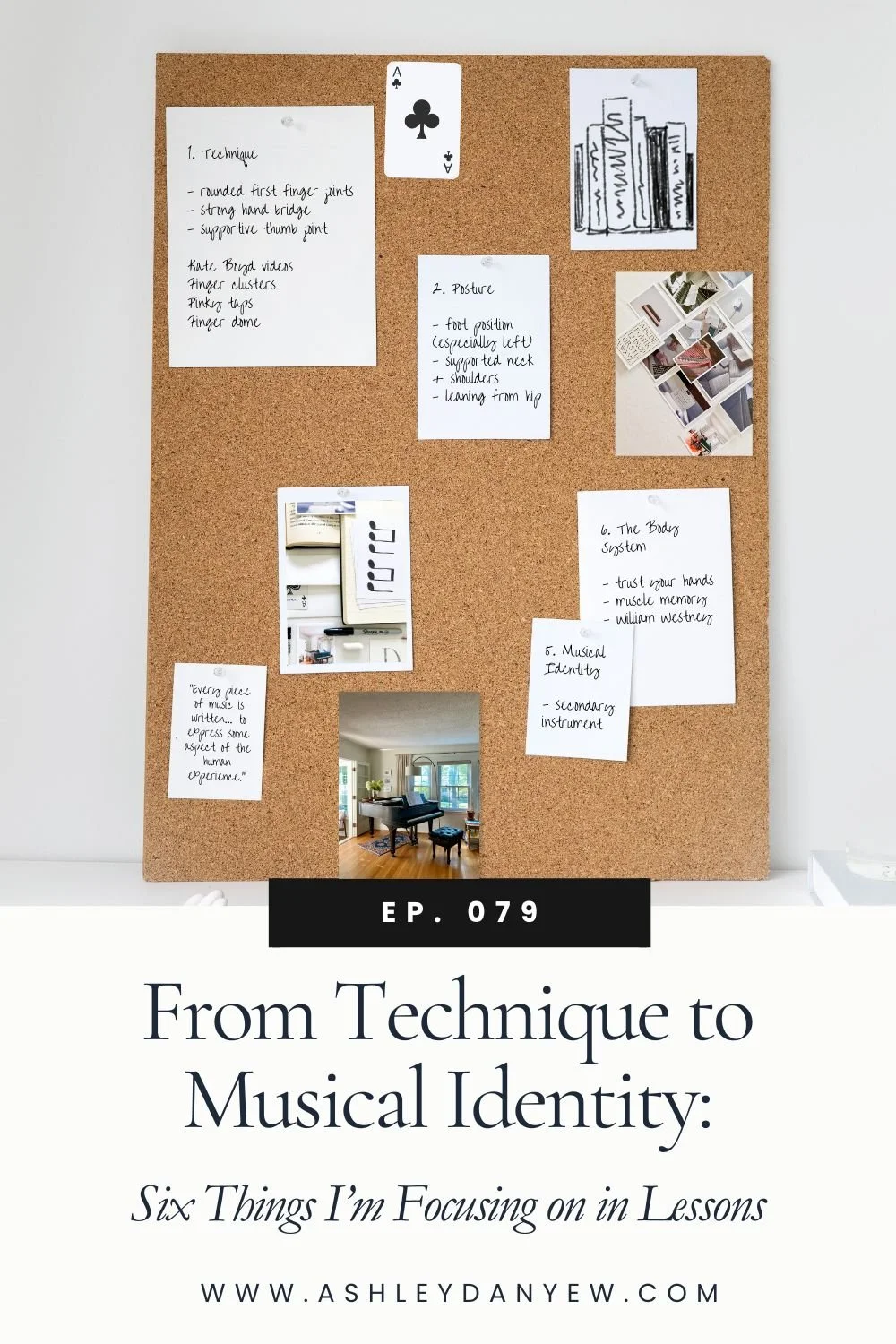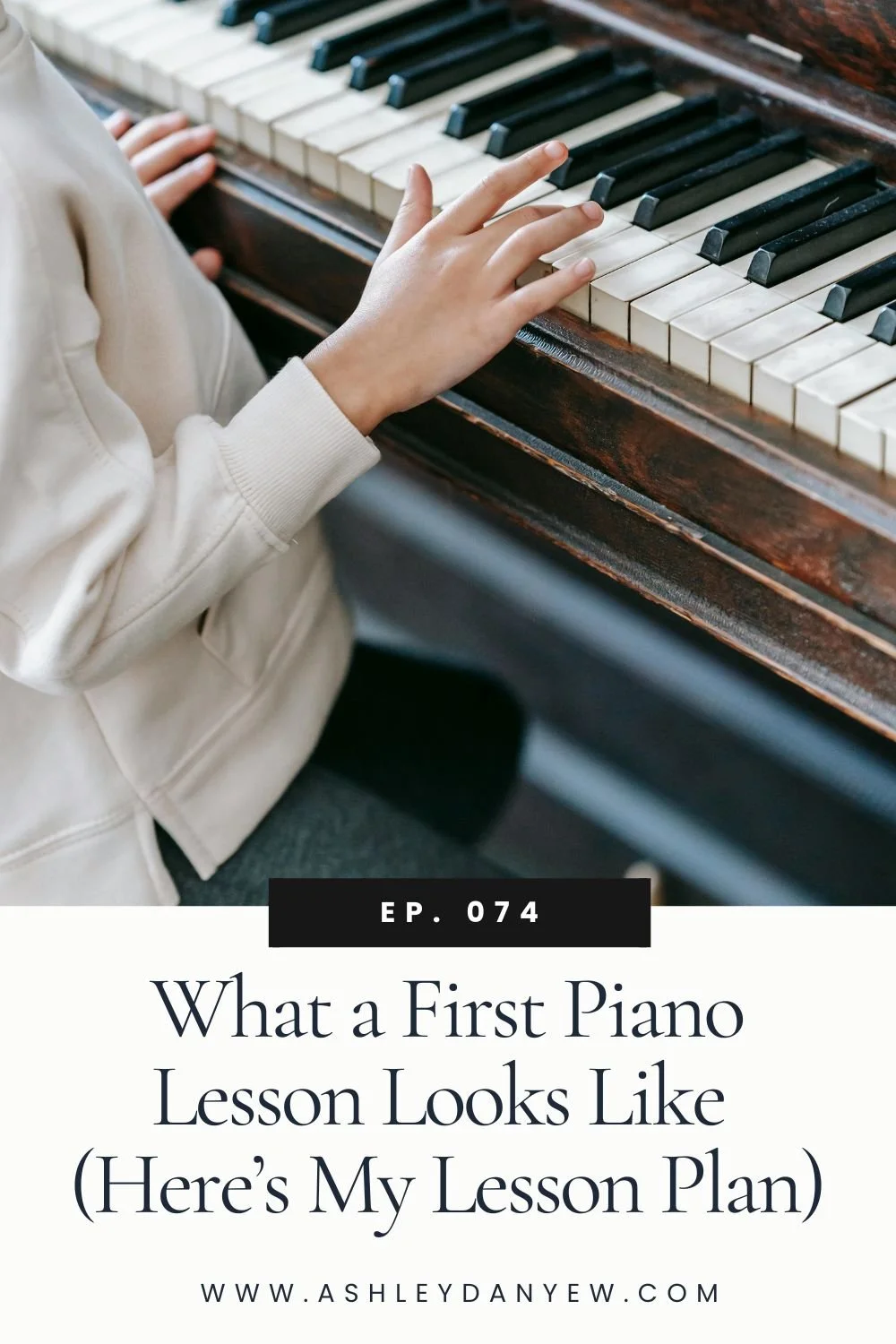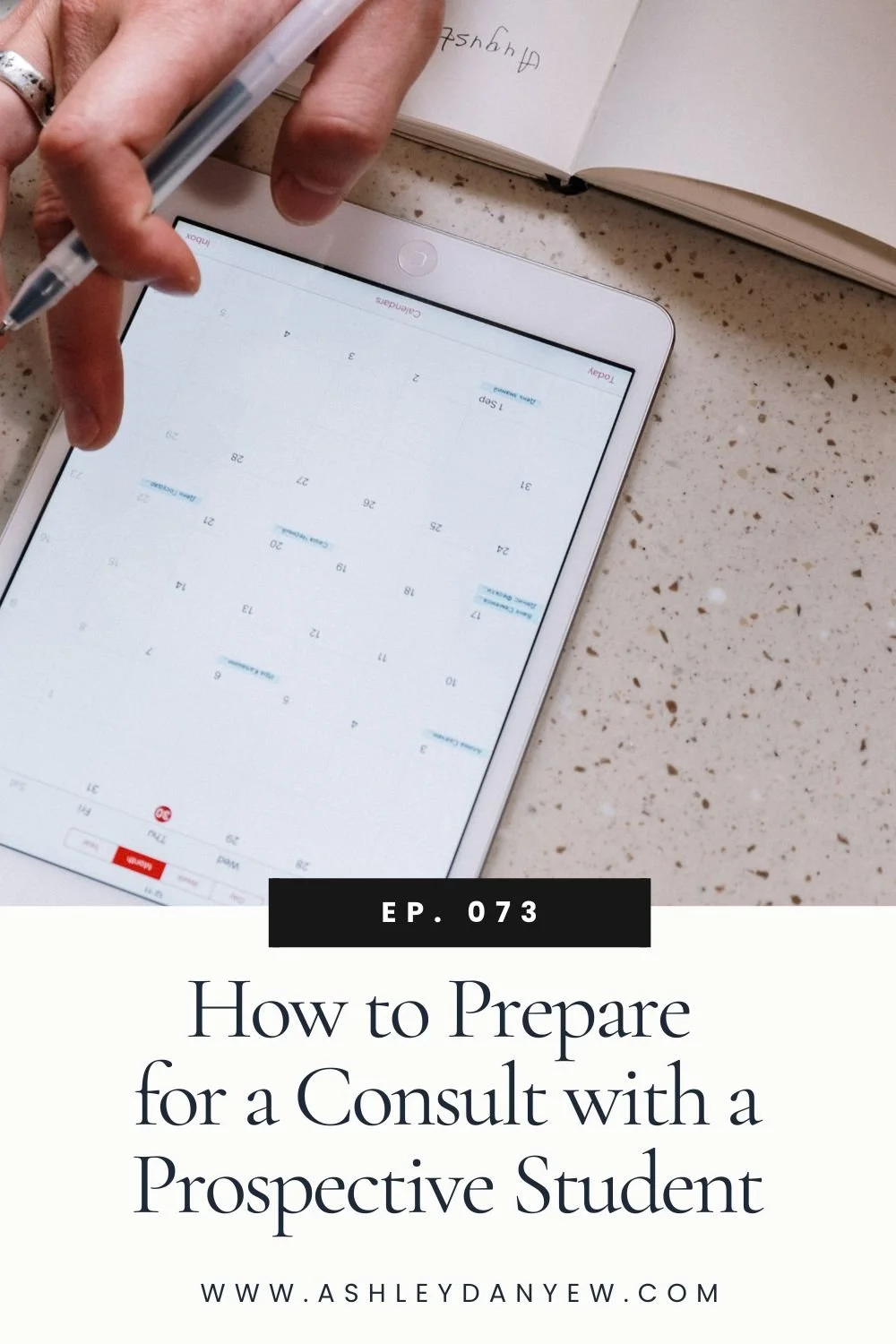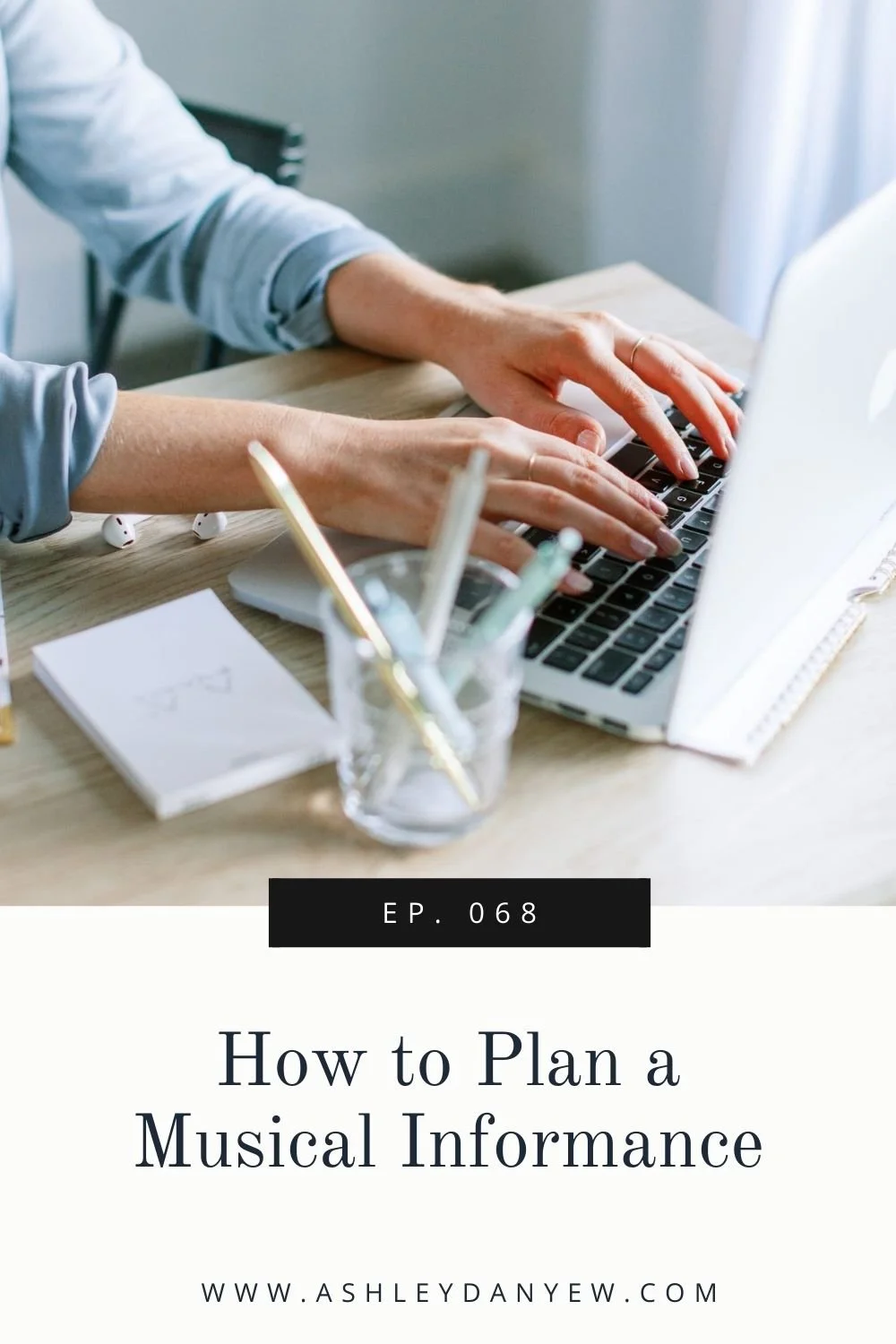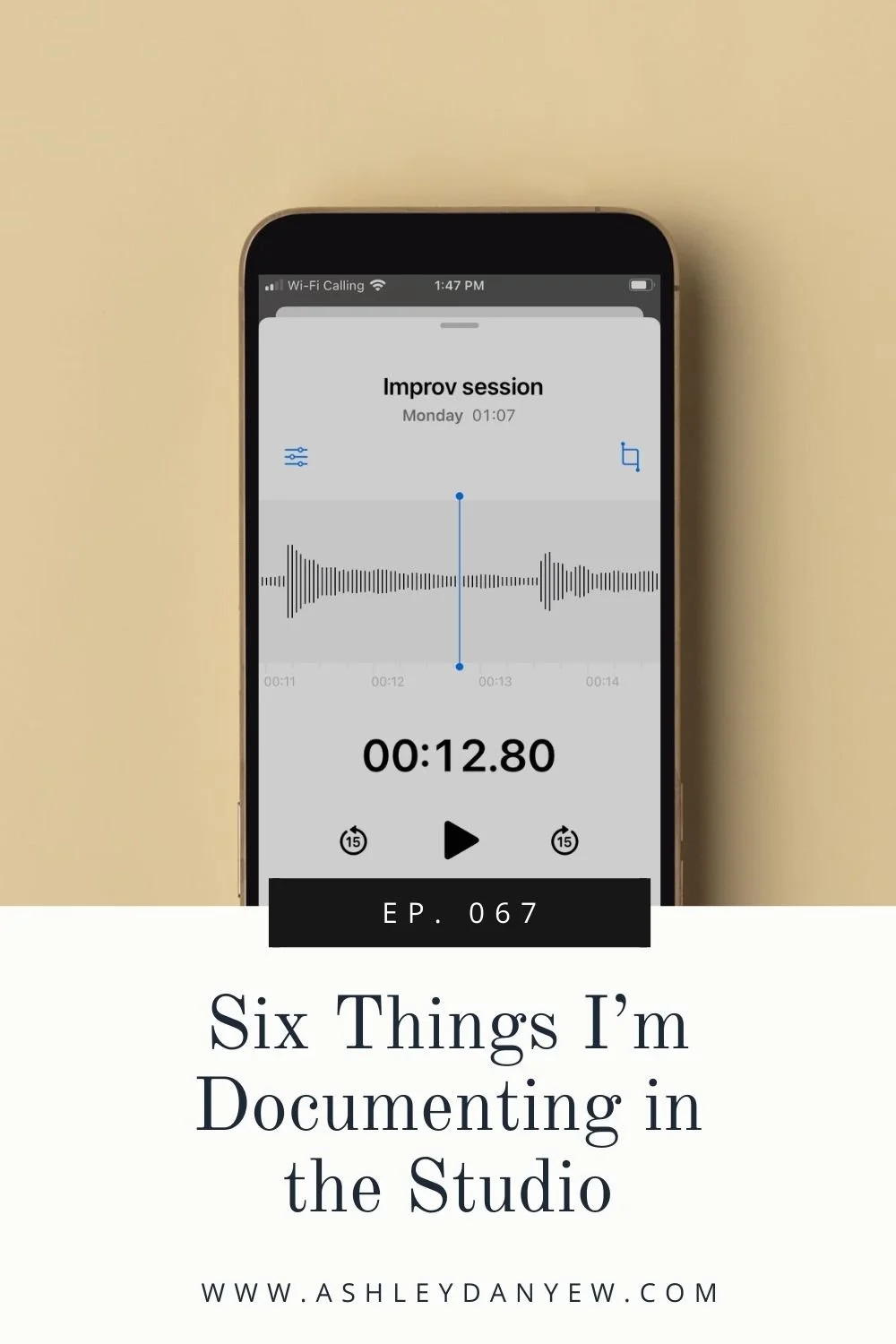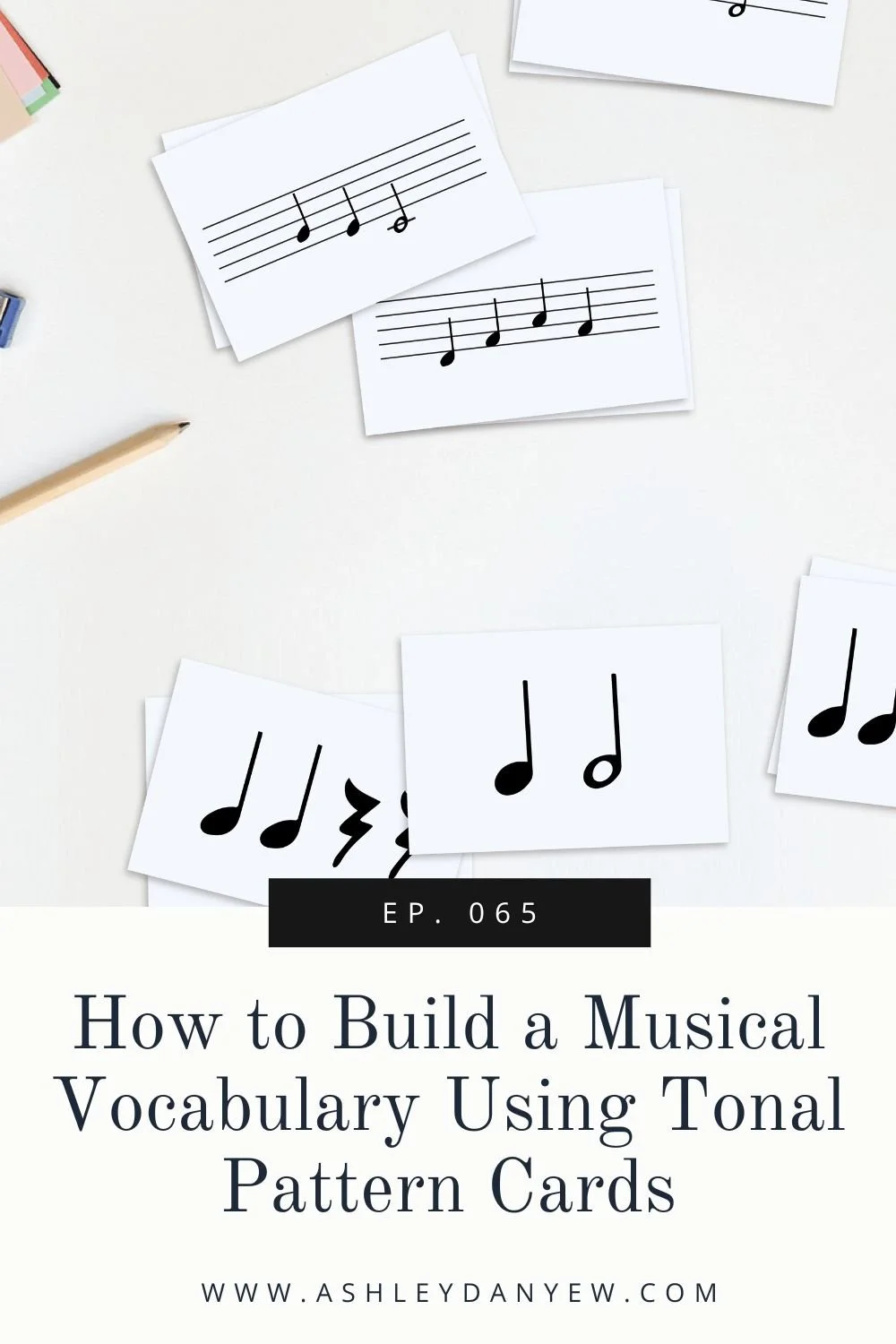Resources Mentioned
*Disclosure: I get commissions for purchases made through links in this post.
A Renewed Teaching Commitment
This month in my teaching, I'm making a conscious effort to focus on the music.
I know that might sound obvious. You're a music teacher—what else would you focus on? But the truth is, as teachers, there's a lot we're thinking about:
Are we managing our time well? Will we complete everything on the lesson plan?
Are we keeping a good pace and keeping our students engaged?
Is there enough variety in the activities we're doing today: theory and sight-reading, aural skills and musical expression, on-the-bench and off-the-bench activities, rhythm and movement?
How are they doing with this activity? Do they understand the concept? Have they developed this skill? Do they need a challenge?
Then there are the COVID protocols:
Are we keeping enough social distance?
Are we washing our hands after we take turns at the piano?
Am I respecting the student's sense of personal space? Do they feel comfortable?
All of these things are important and necessary to our work. As teachers, we are responsible for organizing and sequencing learning activities, managing time, and assessing the outcomes. But this month, I want to prioritize the music we're making, the music my students are making.
In his book Deep Work, researcher Cal Newport wrote, “Clarity about what matters provides clarity about what does not.” That's what this episode is all about.
Words of Encouragement and Affirmation
In a virtual teaching demonstration at NCKP this summer, piano pedagogue Marvin Blickenstaff reminded us that "the student deserves our input, response, and affirmation." Think about those three elements for a minute: our input, our response, and our affirmation.
As teachers, much of our time with students is spent sharing our input and response, I think.
It's a familiar cycle of making suggestions, giving the student an opportunity to try it for themselves, and then providing feedback. After all, we need to quickly assess where students are and what they need to do next to continue learning this piece or developing that skill. We need a clear, step-by-step plan in place to guide them through the learning process (and write a home assignment or lesson plan for next week).
Of course, there are moments of affirmation sprinkled in, "Yes, that's it!" "Good job!" "Well done!" but when I reflect on my own teaching, I recognize that those probably aren't the most meaningful parts of the lesson.
We know from researcher Carol Dweck that the way we praise our students can change the way they think about themselves and approach learning in the future. I talked about this back in Episode 021, "How to Praise with Intention."
But effective, intentional praise is more than just a word of encouragement; our affirmation needs to connect a student's effort to the outcome that was achieved. This helps promote a growth mindset.
Side note: I finally finished Dweck's book, Mindset: The New Psychology of Success last year and I have a few takeaways to share. Read my four takeaways from Mindset here.
So, getting back to that third element that Marvin Blickenstaff mentioned, affirmation. If you've ever observed Marvin teach, you know that he is a wonderful, thoughtful encourager. But the thing that makes his words so meaningful, I think, is that his affirmation is always very specific and it's always tied to the music.
He'll say things like, "I am so touched by your use of legato in that phrase" or "My ear really appreciates the sound of your crescendo in that line." It's always so inspiring to me to hear how specific and genuine these encouraging statements are.
Have you ever had a teacher like this?
Finding the Most Musical Moment
So here I am, contemplating Marvin's advice to provide input, response, and affirmation to my students and reflecting on Carol Dweck's book about mindsets.
What does this look like in practical terms? It means I'm making a conscious effort to focus on the music. And that means being more specific in my encouragement to students and finding ways to tie it to the musical outcomes they're achieving.
It's a game I'm playing with myself. For instance, this week, I found opportunities to give these affirmations to my students:
"I loved the way you brought out the character of this piece with the staccato notes."
"What a beautiful tone! I love the way you're playing those tenutos with your left hand. Look at that gentle gesture."
"Yes, you got it! Listen to that beautiful phrase-shape you just created."
And the looks on their faces when they heard these encouraging words, even with masks on, was golden. They were genuinely touched, but there was also this spark of inspiration? Motivation? I'm not exactly sure, but they wanted to keep playing or play it again. It seemed like they wanted to recreate that musical experience.
That, to me, has been one of the greatest rewards of this practice so far.
I was thinking back to the lessons I had before I made this renewed commitment to focus on the music. Surely those musical moments were there before, I just didn't always stop to notice or appreciate them. My attention was too divided, my priorities too scattered.
Speaking of priorities, Greg McKeown talks about this in his book, Essentialism.
He writes: “The word priority came into the English language in the 1400s. It was singular. It meant the very first or prior thing. It stayed singular for the next five hundred years. Only in the 1900s did we pluralise the term and start talking about priorities.”
Isn't that interesting? When we talk about what's most important in our work, there really should be only one priority.
Sometimes I think we miss these moments because we have too many things we're trying to prioritize or make important and sometimes I think it's because we move on to the next thing too quickly—a sacrifice we make in the name of productivity and efficiency.
Now that I recognize this, I'm giving myself permission to not get through everything on my lesson plan. I'm giving myself permission to not do #alltheactivities every week and instead, be present in the moment.
"You have one priority in this lesson," I tell myself, "And that's to find the most musical moment."






